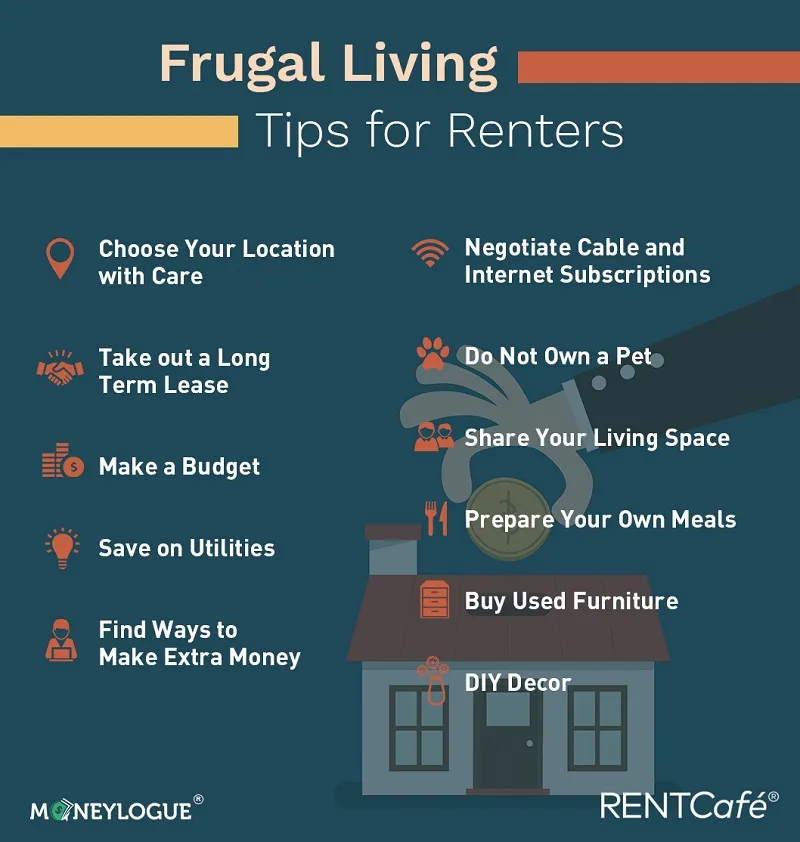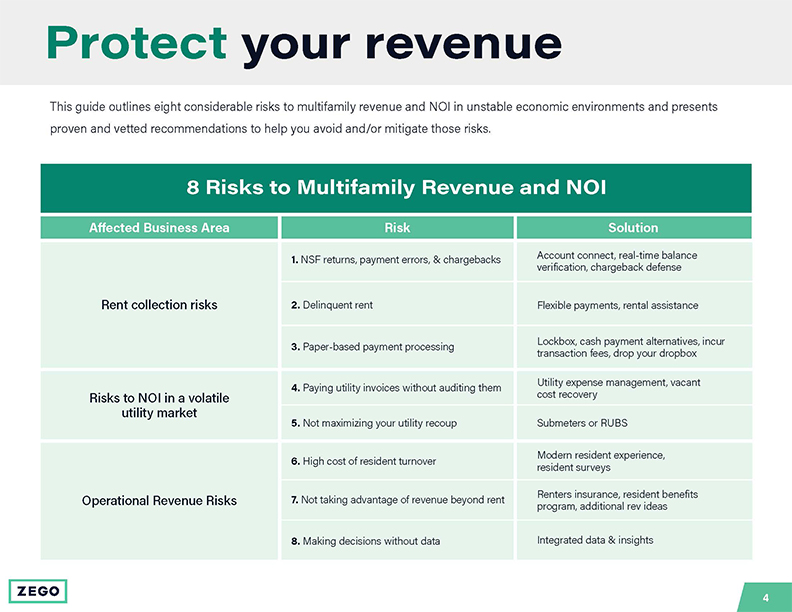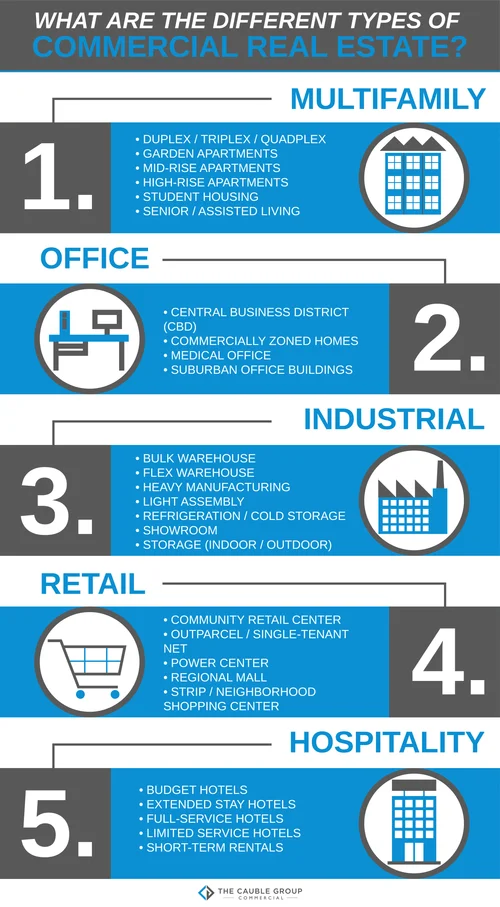Discover the secrets to maximizing rental property profits with these 10 efficiency hacks every landlord needs to know now!

Image courtesy of Andrea Piacquadio via Pexels
Table of Contents
- Introduction to Efficient Renting
- Top Tips for Property Managers
- Property Management Strategies that Work
- Increasing Your Rental Efficiency
- Enhancing Property Value
- Creating an Effective Property Management Plan
- Property Manager Advice: Do’s and Don’ts
- Dealing with Difficult Situations
- Dealing with Difficult Situations
- Continuous Learning and Growth
- Summary
- Frequently Asked Questions (FAQs)
Introduction to Efficient Renting
In the world of property management, being efficient is key to success. Efficient renting is all about managing rental properties in a way that saves time, money, and resources while providing the best possible experience for both property managers and tenants. Let’s delve into what it means to rent efficiently and why it’s important for property managers.
What is Efficient Renting?
Efficient renting involves utilizing strategies and techniques to streamline the rental process, from finding tenants to managing properties to handling maintenance issues. By implementing efficient renting practices, property managers can save time and resources, increase tenant satisfaction, and ultimately boost their rental income.
The Role of a Property Manager
Property managers play a crucial role in ensuring that rental properties operate smoothly and effectively. They are responsible for tasks such as finding and screening tenants, collecting rent, arranging repairs and maintenance, and enforcing lease agreements. Efficient renting is a core part of a property manager’s job, as it helps them optimize their workflow and deliver top-notch service to tenants.
Top Tips for Property Managers
As a property manager, it’s crucial to have effective strategies in place to ensure the efficient management of rental properties. Here are some top tips to help you succeed in your role:
Understanding Your Tenants
One of the key tips for property managers is to truly understand the needs and expectations of your tenants. By knowing what they value and require in a rental property, you can tailor your management approach to meet their needs effectively. This will lead to happier tenants and a smoother rental process overall.
Regular Property Upkeep
Regular maintenance and upkeep of your rental properties is essential for both efficiency and tenant satisfaction. By addressing maintenance issues promptly and conducting routine inspections, you can ensure that your properties remain in good condition and that your tenants are happy with their living environment. This proactive approach can save you time and money in the long run.
Property Management Strategies that Work
In the realm of property management, employing effective strategies is key to success. Here are some tried and tested approaches to streamline your property management practices and enhance the efficiency of your rental properties.

Image courtesy of www.rentcafe.com via Google Images
Technology in Property Management
Utilizing technology can revolutionize the way you manage your properties. By implementing property management software, you can automate tasks, track rental payments, communicate with tenants, and generate reports seamlessly. This not only saves time but also improves accuracy and organization in your property management operations.
Time-Management Skills
Time management is crucial for property managers juggling multiple tasks. By prioritizing responsibilities, setting realistic goals, and delegating where necessary, you can optimize your workflow and increase rental efficiency. Effective time management allows you to handle emergencies promptly, address maintenance issues promptly, and provide excellent customer service to your tenants.
Increasing Your Rental Efficiency
Efficiency is the key to success when it comes to managing rental properties. By maximizing your time and resources, you can ensure that your properties are profitable and well-maintained. Here are some tips to help you increase your rental efficiency:
Effective Communication
Clear and frequent communication with your tenants is essential for efficient property management. Make sure they understand the rules and expectations, and be open to feedback and concerns. By maintaining a good line of communication, you can address issues promptly and prevent misunderstandings that could lead to conflicts.
Streamlining Rent Collection
To make the rent collection process smoother and more reliable, consider using online payment systems or automated reminders. This not only saves you time but also ensures that your tenants are up to date with their payments. By streamlining this process, you can focus on other aspects of property management while ensuring a steady cash flow.
Enhancing Property Value
One way property managers can increase the value of their rental properties is by focusing on the aesthetic appeal. Simple changes like a fresh coat of paint, updated landscaping, or modern fixtures can make a big impact. When a property looks well-maintained and visually appealing, tenants are more likely to stay longer and even pay higher rents. It’s like giving a fresh makeover to attract more attention!

Image courtesy of www.pinterest.com via Google Images
Smart Upgrades
Smart upgrades are another effective way to enhance the value of rental properties without breaking the bank. For example, energy-efficient appliances not only appeal to environmentally-conscious tenants but also help save on utility bills in the long run. Upgrading to smart home technology can also increase the property’s desirability. These upgrades not only make the property more attractive but also add to its overall value, making it a win-win for property managers!
Creating an Effective Property Management Plan
When it comes to managing rental properties efficiently, having a solid property management plan in place is crucial. This plan serves as a roadmap for property managers, outlining the goals, strategies, and procedures needed to ensure smooth operations and satisfied tenants. Let’s delve into the key elements of creating an effective property management plan.
Setting Clear Goals
One of the first steps in developing a property management plan is to establish clear and measurable goals. These goals should align with the overall objectives of the property owner or management company. Whether the aim is to increase occupancy rates, reduce maintenance costs, or enhance tenant satisfaction, having specific targets in place provides a sense of direction and helps track progress.
Anticipating Challenges
Effective property management involves anticipating and preparing for potential challenges that may arise during the rental process. By identifying possible hurdles such as maintenance issues, tenant disputes, or financial constraints early on, property managers can develop proactive solutions to mitigate risks and minimize disruptions. A well-thought-out management plan should include contingency strategies for handling unforeseen circumstances efficiently.
| Management Hack | Description |
|---|---|
| Rent Collection Automation | Use software to automate rent collection to streamline the process and ensure timely payments. |
| Digital Maintenance Requests | Allow tenants to submit maintenance requests online to track and address issues efficiently. |
| Effective Communication Channels | Utilize email, text messaging, and online portals for clear, timely communication with tenants. |
| Regular Property Inspections | Conduct routine inspections to identify maintenance needs and ensure property upkeep. |
| Streamlined Lease Renewals | Use digital tools to simplify the lease renewal process and enhance tenant retention. |
Property Manager Advice: Do’s and Don’ts
As a property manager, it is crucial to cultivate positive relationships with your tenants, contractors, and property owners. Good relationships can make your job easier and more enjoyable. Always strive to communicate openly and effectively with all parties involved. Create a welcoming atmosphere for tenants, address their concerns promptly, and show appreciation for their cooperation. Building trust and goodwill can lead to smoother operations and better retention rates.

Image courtesy of www.gozego.com via Google Images
Staying Informed and Compliant
One of the most important responsibilities of a property manager is to stay informed about the laws and regulations governing rental properties. Make sure you are up to date on all legal requirements and comply with them diligently. Being knowledgeable about local ordinances, fair housing laws, and landlord-tenant regulations is essential for avoiding legal issues. Consult legal resources when needed and seek professional advice to ensure compliance.
Dealing with Difficult Situations
Conflicts are bound to arise in property management, but handling them effectively is key to maintaining a harmonious environment. When disputes occur between tenants or with service providers, approach them with a calm and professional demeanor. Act as a neutral mediator, listen to all parties involved, and work towards finding a fair resolution. Effective conflict resolution skills can help prevent small issues from escalating into major problems.
Evictions and Legal Processes
Evictions are a last resort in property management, but sometimes they become necessary due to non-payment of rent or lease violations. When facing such situations, it’s essential to follow the legal process meticulously. Familiarize yourself with the eviction laws in your area, document all communication and interactions with the tenant, and seek legal guidance if needed. Adhering to the legal procedures ensures a smooth and lawful eviction process.
Dealing with Difficult Situations
When conflicts arise between tenants or with service providers, it’s essential for property managers to handle them efficiently. One effective technique is to listen carefully to all parties involved to understand each perspective. By remaining calm and neutral, property managers can work towards finding a fair solution that satisfies everyone. Communication is key in resolving conflicts, so encouraging open dialogue and compromise can help prevent issues from escalating.
Image courtesy of zeevou.com via Google Images
Evictions and Legal Processes
Evictions are unfortunate but sometimes necessary in property management. Property managers should follow all legal procedures carefully and ensure thorough documentation to protect themselves and the property owner. It’s crucial to adhere to local landlord-tenant laws and regulations to avoid legal repercussions. Prior to initiating an eviction, property managers should consider alternatives like mediation or negotiation to potentially salvage the tenant relationship.
Continuous Learning and Growth
As a property manager, it is essential to understand that the learning journey never truly ends. Continuous learning and growth are key aspects of becoming a successful property manager. By expanding your knowledge and honing your skills, you can stay ahead in a competitive rental market and provide the best service to your tenants. Let’s delve into how you can achieve this.
Professional Development
Professional development plays a crucial role in enhancing your property management skills. This can entail attending workshops, seminars, and training sessions specifically designed for property managers. By participating in these learning opportunities, you can gain valuable insights, learn best practices, and network with industry professionals. Additionally, obtaining certifications such as the Certified Property Manager (CPM) designation can enhance your credibility and open up new opportunities in the field.
Staying Updated with Market Trends
Remaining informed about market trends is vital for property managers to adapt to changes and make informed decisions. By keeping abreast of the latest developments in the real estate market and rental industry, you can anticipate shifts in demand, pricing fluctuations, and emerging tenant preferences. Subscribing to industry publications, attending conferences, and networking with colleagues can help you stay updated and position yourself as a knowledgeable and forward-thinking property manager.
Summary
In this blog post, we have explored the concept of efficient renting and discussed various tips and strategies for property managers to enhance their rental property management skills. Efficient renting is essential for both property managers and tenants as it ensures a smooth and satisfactory rental experience for all parties involved.

Image courtesy of www.tylercauble.com via Google Images
Key Points Recap
Throughout the article, we highlighted the importance of understanding tenants’ needs, regular property maintenance, incorporating technology in property management, effective communication with tenants, streamlining rent collection processes, enhancing property value through aesthetic appeal and smart upgrades, creating a solid property management plan with clear goals and anticipating challenges, building strong relationships, staying informed and compliant with laws and regulations, dealing with difficult situations such as conflict resolution and evictions, continuous learning and professional development in property management, and staying updated with market trends.
By implementing the tips and strategies discussed in this article, property managers can increase rental efficiency, improve tenant satisfaction, and ultimately achieve success in managing rental properties effectively.
Frequently Asked Questions (FAQs)
Address potential questions the readers might have about managing rental properties efficiently.
Question One
One common question property managers might have is, “How can I improve communication with my tenants?” An effective way to enhance communication is by establishing various channels for tenants to reach out, whether through email, phone, or a dedicated online platform. Additionally, sending regular updates on property maintenance schedules, rent payments, and any changes in policies can help keep tenants informed and engaged.
Question Two
Another common query could be, “What are some cost-effective ways to increase the value of my rental property?” One simple yet impactful way to enhance property value is by improving the curb appeal. This can be achieved by maintaining a well-kept lawn, adding some colorful flowers, and ensuring the exterior looks welcoming. Additionally, minor upgrades such as fresh paint, updated fixtures, and modernizing the kitchen or bathroom can also contribute to boosting the property’s value without breaking the bank.
Idaho Poperty Management
